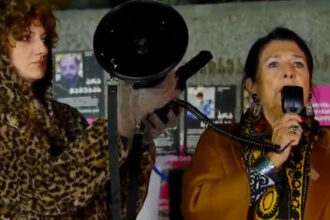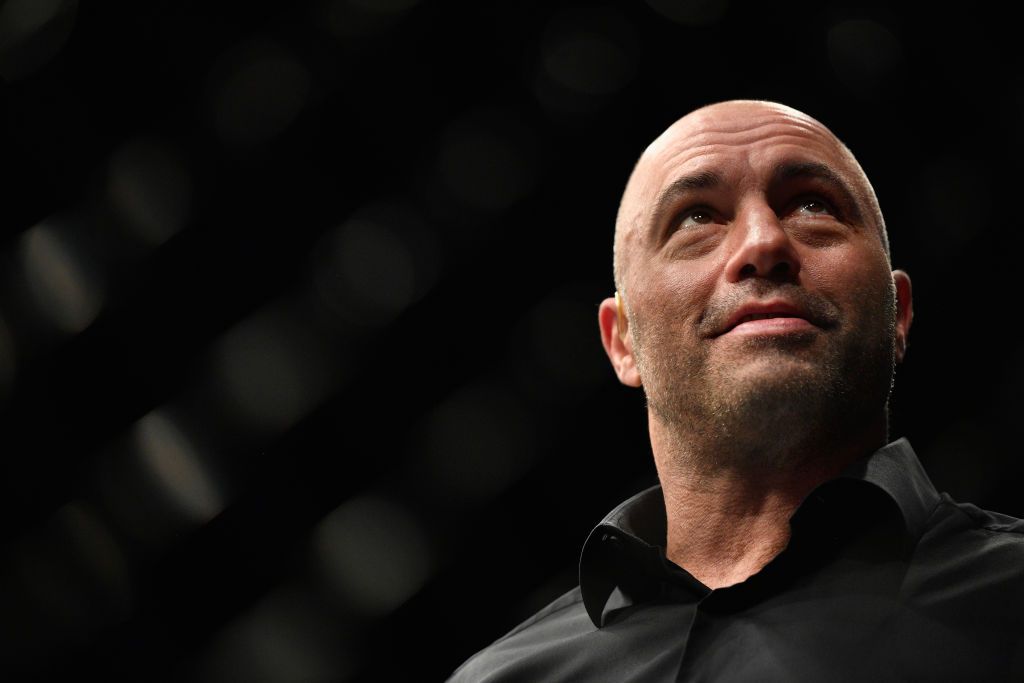**Romanian Presidential Candidate’s Rise Sparks Concerns**
A surprise turn of events has taken place in Romania’s presidential election. Călin Georgescu, a hardcore nationalist candidate, has surged to the top spot after just a few weeks of campaigning. He took over 23% of the vote, beating out candidates from the country’s two most established parties.
**Newcomer Beats Established Parties**
Georgescu’s success is being seen as a win for a politician sympathetic to Russian President Vladimir Putin. Georgescu has openly expressed admiration for Putin and criticized Western policies towards Ukraine and the region. His campaign has tapped into widespread war fatigue in Romania and across Europe.
**Concerns Over Social Media Influence**
Georgescu’s use of social media, particularly TikTok, was highly effective in reaching a broader audience. However, allegations of Russian funding and bot activity have raised concerns over foreign interference and electoral fairness.
**Populism on the Rise**
Georgescu’s campaign resonates with disenchanted voters who feel ignored by establishment parties. His messaging combines nationalism with xenophobia, appealing to socially conservative and economically strained constituencies.
**Establishment Parties in Trouble**
The success of Georgescu reflects a broader trend of incumbent parties losing ground globally. The Social Democratic Party (PSD) and the National Liberal Party (PNL), which have dominated second-round runoffs since the fall of Communism, are facing unprecedented challenges.
**Pro-EU Forces Not Out of the Running**
Despite Georgescu’s first-round success, pro-EU forces in Romania still have a chance. Pro-EU candidates collectively received 58% of the first-round vote, and most parties have endorsed reform candidate Elena Lasconi for the runoff on December 1.
**Romania’s Economy at Risk**
A Georgescu presidency could jeopardize Romania’s economic stability by risking EU funding. The country is the largest net recipient of EU funds, with over 83 billion euros allocated under the current budget cycle.
**Romania’s History and Politics**
Romania’s history of being allied with Nazi Germany during World War II and then Soviet control has left deep scars. Most Romanians remain wary of Russia, and a pro-EU victory in Moldova suggests a similar outcome is possible in Romania. The country’s parliamentary-presidential system also restricts the president’s authority, making it unlikely that Georgescu will dominate parliamentary elections.
**A Pro-EU Coalition Remains Viable**
In conclusion, while Georgescu’s rise is a concern, a pro-EU coalition remains the most viable path to a stable majority in Romania.




